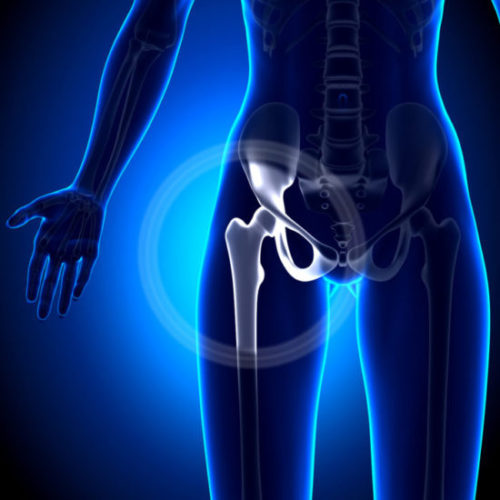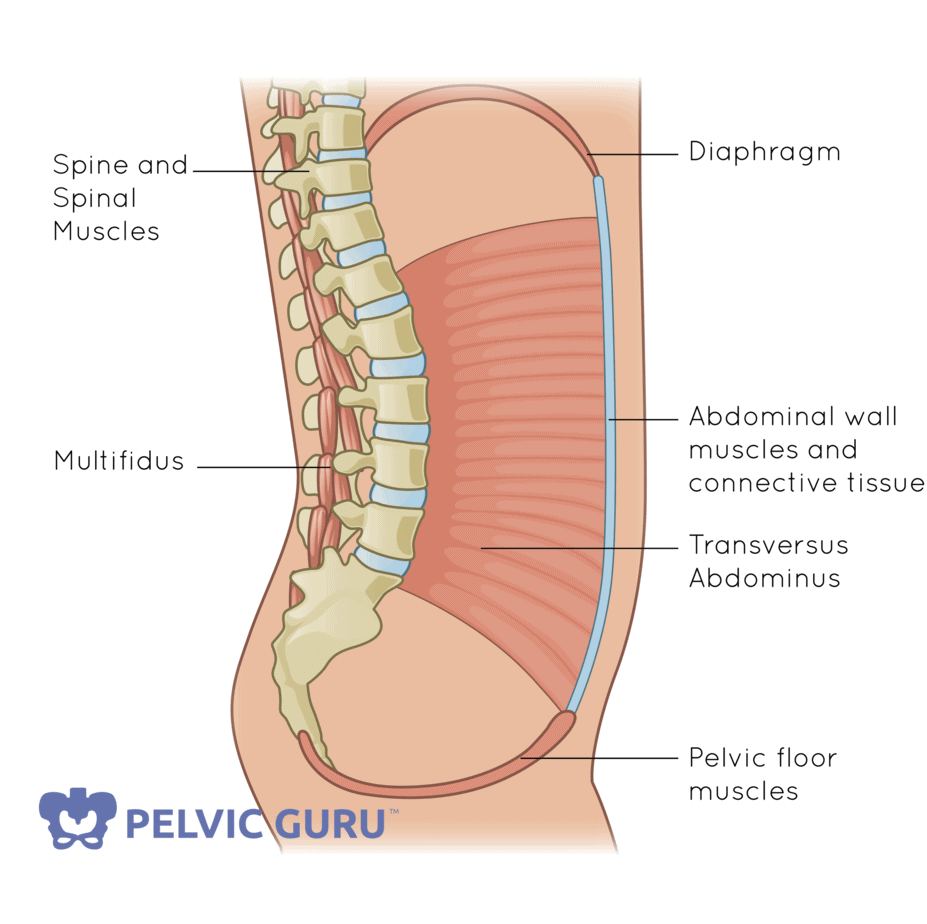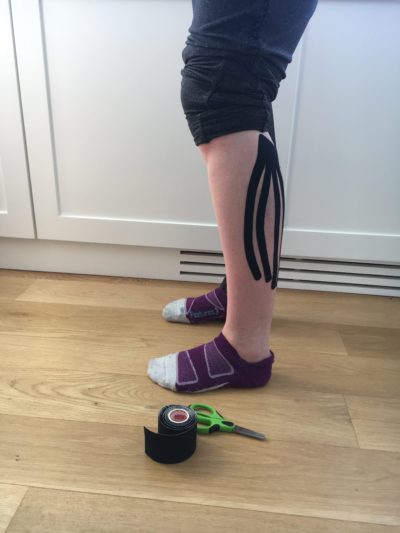Ovarian Cancer Awareness Month

September is Ovarian Cancer Awareness Month. Ovarian cancer is defined as a cancer that forms in tissues of the ovary. Most ovarian cancers are either ovarian epithelial cancers (cancer that begins in the cells on the surface of the ovary) or malignant germ cell tumors (cancer that begins in egg cells).
Signs & symptoms:
- Bloating
- Vaginal bleeding or discharge (that isn’t considered normal for a specific individual)
- Pain in the pelvis or abdominal area, abdominal distention or discomfort, abdominal mass
- Back pain
- Feeling full quickly while eating
- Painful or frequent urination, constipation or diarrhea
- Indigestion and acid reflux
- Shortness of breath
- Weight loss
- Persistent lack of energy
Diagnosis
Survival rates increase significantly the earlier ovarian cancer is found and treated. Early-stage cancer usually presents with vague symptoms and can easily go undiagnosed. Many women therefore are diagnosed with advanced stage cancer (Stage III or IV).
Unfortunately there is no effective screening tool. Research is ongoing to develop one. A Pap smear detects cervical cancer. Sometimes a physician may notice enlargement of ovaries during a pelvic exam. Other tests to detect ovarian cancer include a transvaginal ultrasound and a CA-125 blood test. A CA-125 blood test measures a specific type of protein which is higher in women with ovarian or fallopian tube cancer.
Treatment
Options include one of or a combination of:
- Surgery
- Chemotherapy
- Radiation
- Drug therapy
- Complementary therapy
- Acupuncture
- Aromatherapy
- Massage
- Yoga, Tai Chi, Qi Gong
- Stress reduction and Meditation
How can physical therapy help?
There are no specific physical therapy protocols for ovarian cancer. Evidence supports that physical therapy can help to improve daily function, quality of life and overall health in patients with cancer.
A typical exercise program will always be tailored to each person and can include the following:
- Range of motion training
- Gentle resistance exercises
- Cardiovascular activity
- Flexibility & strength training
Physical therapy can also provide:
- Massage therapy: studies have shown that massage can help decrease depression, pain and increase alertness.
- Lymphedema therapy
- Self care management to improve independence with functional tasks at home.
Have any questions or concerns?
Please feel free to reach out to our office where you can speak to one of our therapists directly.







